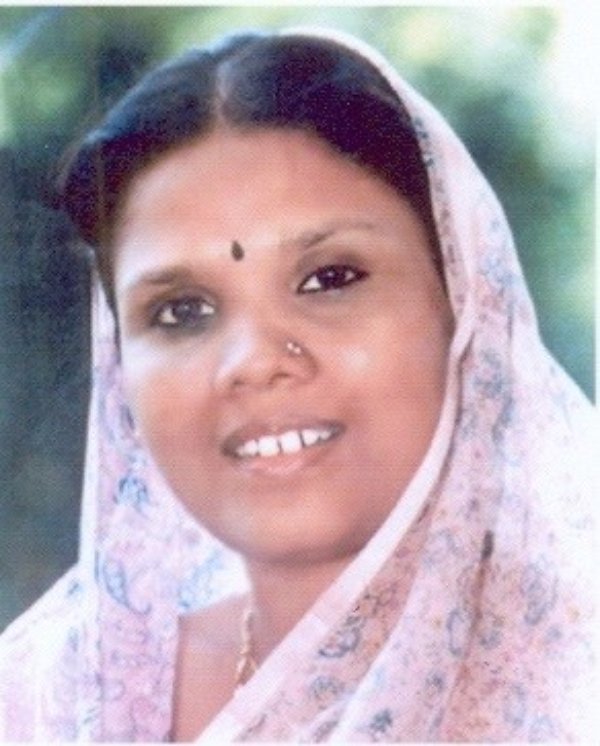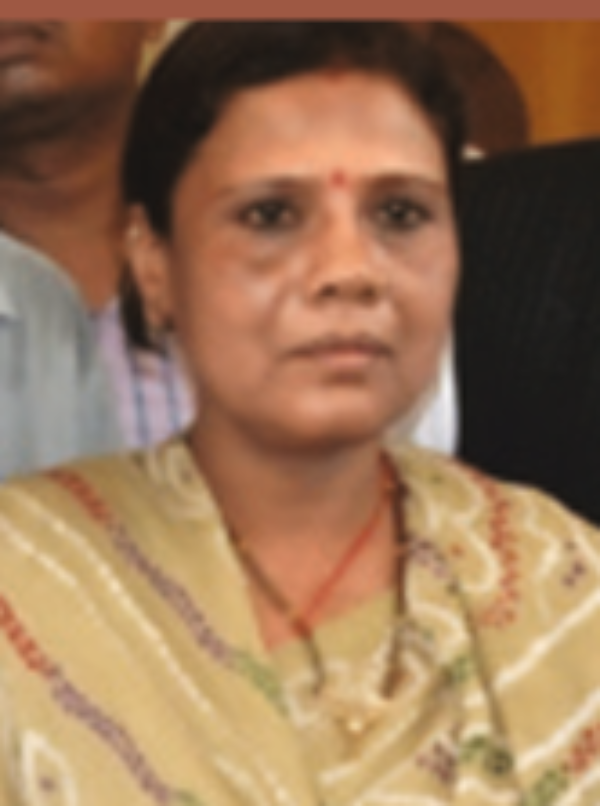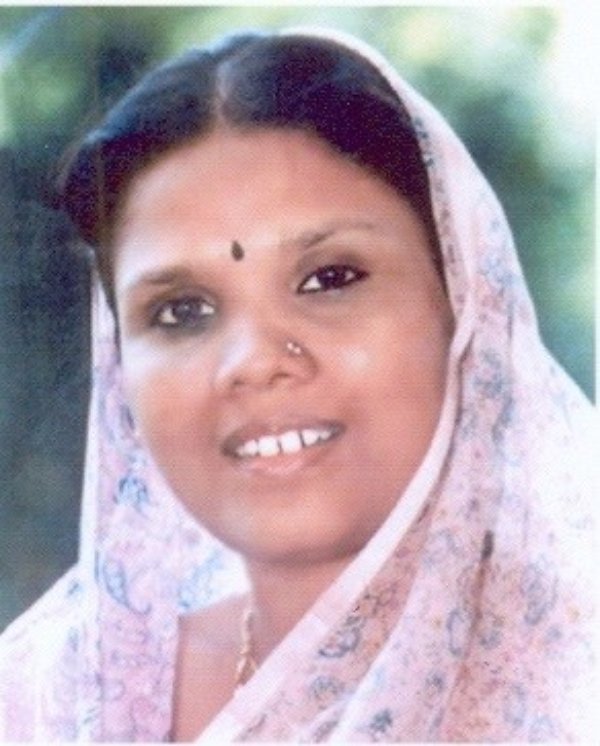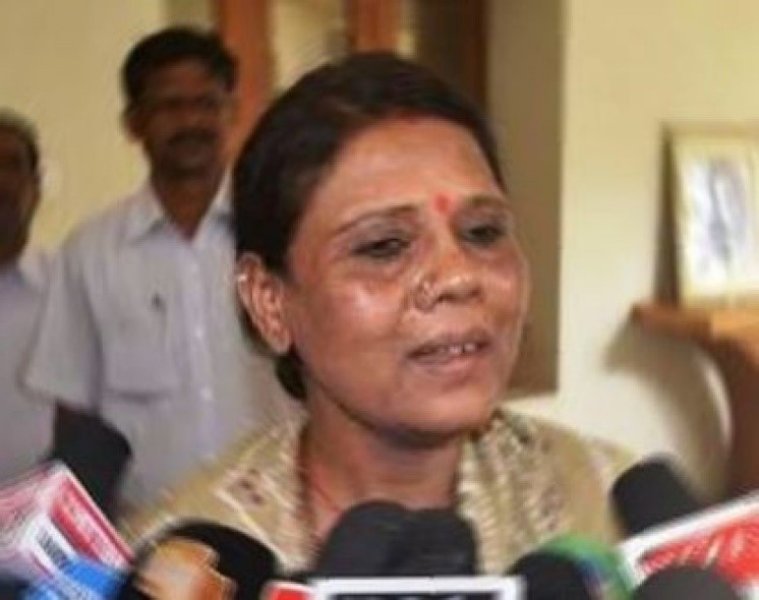
Themes
award winners
Hema Gamang , odisha

Hema Gamang, born on March 31, 1961, in a small but once-prestigious village of Khilapadar in Koraput district of Odisha, is a well-respected political leader and social worker-cum-activist who is best remembered for what public service really means through active contributions to various social and political causes. The public has witnessed her unveils time and again as a committed individual serving her community and the state. She is also the wife of Giridhar Gamang, a former Chief Minister of Odisha, which transverses a different avenue of experience and thought with respect to governance and public welfare.

The Indian Lok Sabha Member of Parliament in the year 1999 was a tribal lady named Hema Gamang, elected from Koraput constituency under Indian National Congress. Her election was considered a very vital step by tribal communities in ensuring their representation in national politics. During her term, she put forth efforts to advocate policy changes relating to infrastructure, health, and education for marginalized sections, thereby demonstrating her concern for the needs of the lower and tribal sections of the region.

Hema served as a member of the Committee on Urban and Rural Development in Lok Sabha from 1999-2000. In this capacity, she exercised policy-making influence on rural areas regarding issues of sustainable development and infrastructure. At such a high level of influence, her concern remained on building a good response to rural poverty, its employment, and the enhancement of various amenities. It has proven that she is within the ambit of bridging the urban-rural gap while propagating the overall growth of every community. Hema was part of the Consultative Committee of the Ministry of Steel from 2000 to 2004 and talked about the steel industry and its employment opportunities that would be lost in Odisha or any other state because of it. It became a measure to create opportunities for the locals and infrastructure for tribal areas. This position reflected her keen interest in socio-economic development of the state, especially through industries that could generate more jobs in the region.

